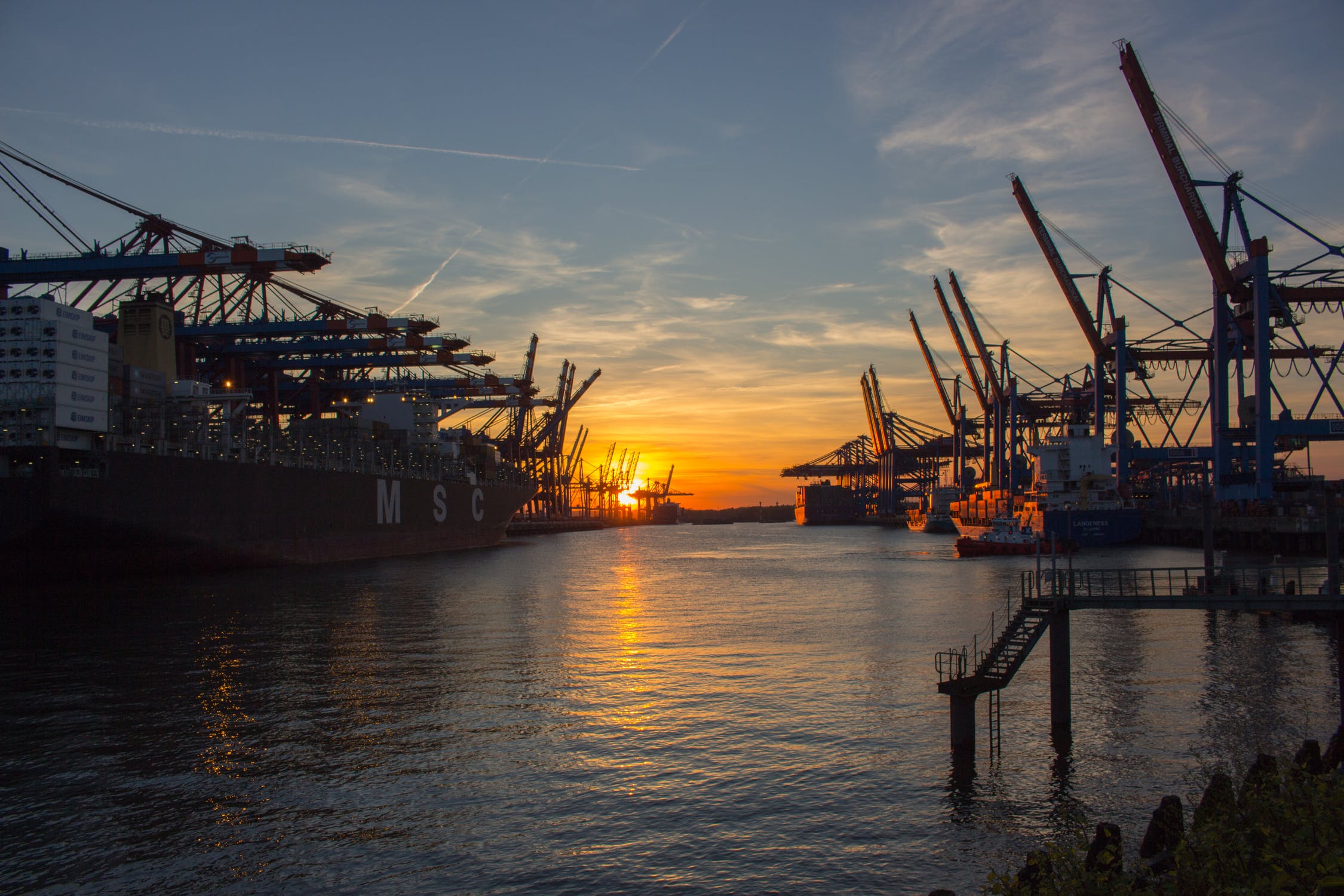Starting from September 1 to November 30, 2025, Port State Control (PSC) officers under the Tokyo and Paris MoUs will conduct a Concentrated Inspection Campaign (CIC) focused on Ballast Water Management (BWM). This campaign aims to ensure consistent and effective enforcement of the Ballast Water Management Convention (BWMC) onboard ships operating globally.
What Will Be Checked?
Inspectors will evaluate vessels using a standard checklist to verify compliance with the BWMC. Key areas include:
- Valid IBWMC Certificate
- Approved Ballast Water Management Plan (BWMP)
- Updated BWMP reflecting latest IMO resolutions and amendments
- Crew familiarity with BWMP implementation
- Approved and operational Ballast Water Management System (BWMS)
- Properly maintained Ballast Water Record Book (BWRB)
- Sediment management procedures and documentation
- Implementation of any valid exemptions
Note: Any “No” answers to starred items (1, 2, 3, 4, 5, 6, 9, 10) could result in ship detention.
Deeper Look at the CIC Questions
1. Valid IBWMC on board: Ensure the certificate is valid, up-to-date, and includes all required endorsements.
2. Approved BWMP on board: Verify that the BWMP is formally approved and includes appendices such as record formats, diagrams, circulars, and relevant IMO guidance.
3. BWMP updates: Confirm updates align with:
- MEPC.387(81) for challenging water quality operations
- MEPC.369(80) for BWRB formatting
- BWM.2/Circ.80/Rev.1 for record-keeping and reporting procedures
- Safety procedures for ballast tank entry must also be clearly defined.
4. Crew familiarity: Officers (usually Chief Officer) and crew must understand their roles, be trained, and maintain training records. They must also understand system alarms, flow control, emergency bypass, and volume discrepancies.
5. BWMS approved: BWMS must have valid type approval certificates. For systems installed after June 1, 2022, commissioning test reports and sampling results must be onboard.
6. BWMS operational: The entire system, including filters, UV lamps, TRO sensors, pumps, and logs, must function properly. Any bypass due to poor water quality must comply with MEPC.387(81), and all fault conditions must be recorded and explained.
7. BWMP compliance: Actual operations must match BWMP procedures, including using BWMS during ballasting/deballasting. Records must match system logs and alarms.
8. BWRB standards: Use the correct format (MEPC.369(80) from Feb 1, 2025), ensure complete entries signed by master and responsible officer, and retain for the mandated period (2 years on board, 3 years at company).
9. Sediment management: Plans should detail procedures, use of stripping, wash equipment, or dispersants, and must include safety protocols. Most BWMPs are too vague—review against IMO G4 and CCS guidance.
10. Exemptions: All exemptions (A-3, A-4, B-3.6) must be supported by valid documentation, and any conditional requirements must be met and recorded.
Common Deficiencies in PSC Inspections
- Use of e-BWRB without flag approval
- Missing or outdated BWMP
- BWRB entries missing or inconsistent with system logs
- Missing signatures in BWRB
- System faults not reported or recorded
- Crew unfamiliarity with BWMS operation
- BWMS inoperative or bypassed without justification
- Outdated IBWMC endorsement or missed annual inspection
Final Notes for Ship Operators
With this CIC scheduled, it’s essential to ensure documentation, system functionality, and crew preparedness are up to standard. Shipowners are encouraged to conduct internal audits or third-party health checks in advance of PSC boarding.
At Chief Industry Limited, we offer ballast water system calibration, TRO sensor testing, BWMS troubleshooting, and full technical service across Asia and Europe. Contact us to ensure your ship is ready for the 2025 CIC.

